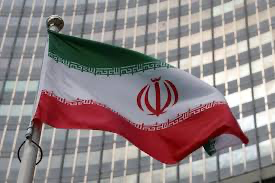Iran has officially suspended its cooperation with the International Atomic Energy Agency (IAEA) after President Masoud Pezeshkian enacted a law earlier this week. The new legislation—backed by parliament and the Guardian Council demands that any IAEA inspections at Iranian nuclear sites receive explicit approval from the Supreme National Security Council in Tehran .
The move follows a contentious 12-day conflict initiated in mid-June, which saw U.S. and Israeli airstrikes on Iran’s key facilities—Fordow, Natanz, and Isfahan. Iran alleges these strikes were enabled by IAEA reports that painted the country as non-compliant with international treaties .
Foreign Minister Abbas Araqchi went further—blaming IAEA chief Rafael Grossi for facilitating the military action and accusing the agency of failing to defend Iran’s nuclear plants and scientists .
Despite this suspension, IAEA inspectors remain on Iranian soil, though their access is now severely restricted . UN officials have expressed deep concern, warning that this shift threatens the fragile balance of nuclear oversight established under the Non‑Proliferation Treaty .
International reactions came swiftly. The U.S. described Iran’s decision as “unacceptable,” urging immediate restoration of full cooperation to prevent further nuclear escalation . Israel condemned the action as a “complete renunciation” of legal obligations, and European nations are exploring whether to reapply UN sanctions under the so-called “snap‑back” clauses .
Analysts warn that the disruption to inspections may delay transparency efforts, with some warning it could set back Iran’s nuclear verification timeline and potentially erode global trust
